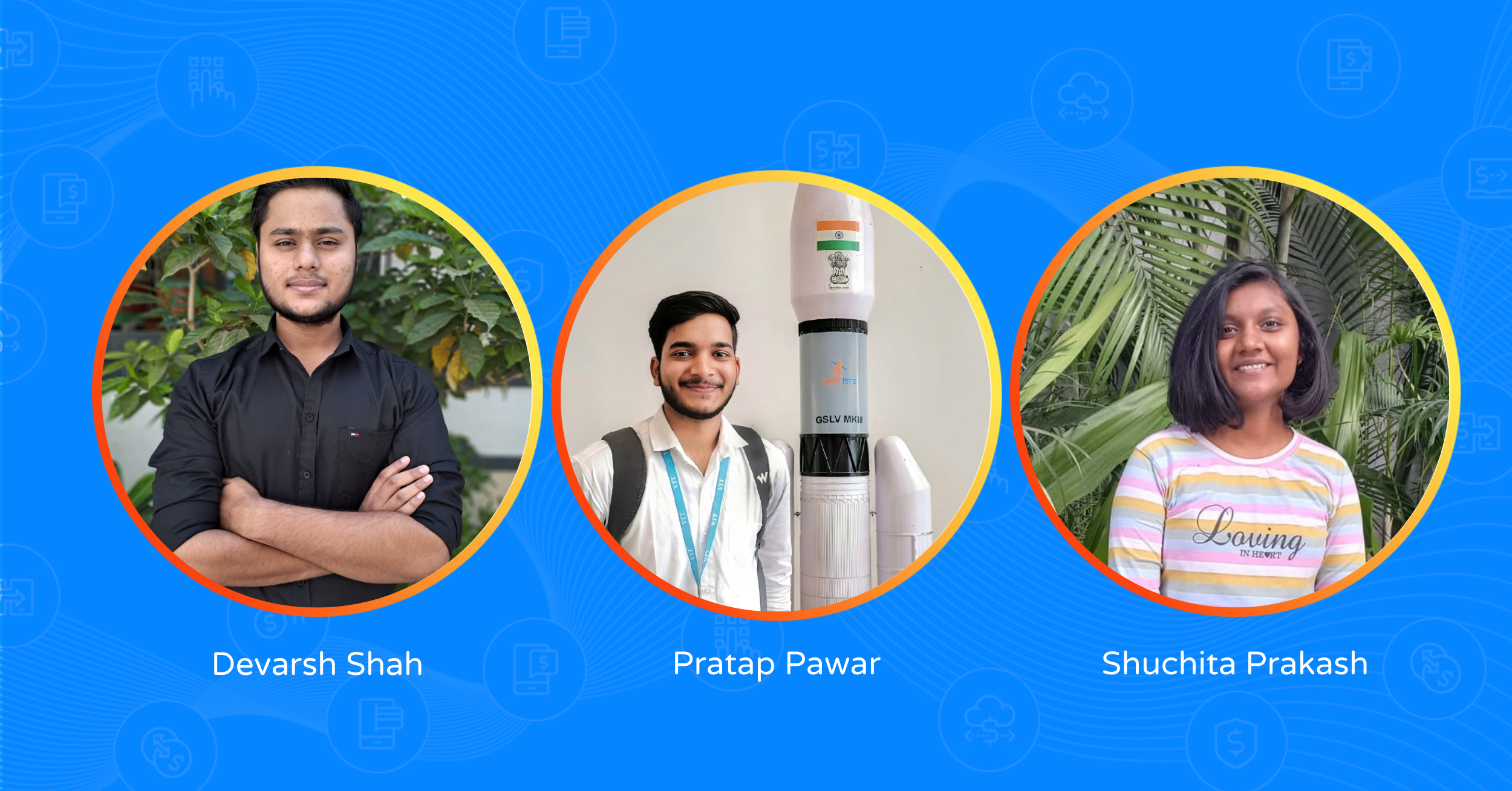
The program has high standards for participating projects. “At Code for GovTech, we want our contributors to work on technologies that are not just purpose-driven but also impactful. Mojaloop provides DMP contributors a chance to work on a DPG that has a population-scale impact,” said Shailiza Mayal, manager for the Code for GovTech (C4GT) program.
The young developers, who have either graduated with a degree in computer engineering or are in their final year, are working on three projects under the mentorship of Sam Kummary, our technical director.
Kummary commented, “One of the most rewarding things for me is seeing how they’ve taken ownership of the mission of Mojaloop as they’ve been learning. It’s wonderful to hear them talking about how Mojaloop works and enhances financial inclusion, because it’s not us advocating for it, it’s them.”
The interns clearly love the mission and are excited to contribute.
“I would recommend Mojaloop to other participants because of the work culture of Mojaloop. During my internship, the people at Mojaloop treated us very well and explained to us what problem Mojaloop solves. So, I feel blessed to work with like-minded people,” said Devarsh Shah, one of the interns.
“I appreciate the collaborative spirit and innovative approach of the Mojaloop team. Their dedication to impactful financial inclusion solutions is truly inspiring,” said Pratap Pawar.
Shuchita Prakash added, “The work environment at Mojaloop is wonderful. Everyone is welcoming, and this inclusive atmosphere makes working together very enjoyable. I highly recommend Mojaloop to other participants in the Code4GovTech program because it is a great way to make a positive impact on society.”
Two-Way Benefits
As the interns work with the community and learn our standards, it gives them good experience that will help take their skills and careers to the next level. They also get paid based on their contributions, a minimum of 20 hours per week.
The Mojaloop Foundation gets more than a few benefits; these deliverables support several important goals.
The first is to make sure that onboarding material, training programs, and documentation stays up to date. Kummary explains, “When a new country or adopter is considering taking on Mojaloop we want all the resources they need to be ready for them.”
The second goal is to increase the number of developers who have experience in Mojaloop and could potentially be employed in a future implementation project.
Another goal, of course, is to further enhance existing resources, tooling and open-source assets.
Project One: Participation Tools Enhancement
The first project involves reviewing and optimizing the Mojaloop participation tools, which reduces the time to onboard new users.
Kummary comments, “For example, I’ve noticed that one of these tools took 10 minutes to run. Now it runs in two minutes. These things are more on the maintenance side, but still very valuable to the community because it makes it a lot easier for other community members to get involved.”
View the Participation Tools on GitHub >
Project Two: Library and License Tracker, and GitHub Metrics
The second project will help keep the platform secure by creating a list of every single library and dependency that Mojaloop uses.
This is not as easy as it sounds. “We are open source, but we also use many other open source libraries, which in turn may be built on more layers of libraries,” Kummary says. “We need to list out all the dependencies in a file and provide details like the kind of licenses the library uses, its patch status, known security vulnerabilities, most recent publication date — things like that.”
Having this list will provide a foundation for automating risk management, capability to react quickly to issues and making sure everything is secure and up to date.
Project Three: PISP Demo
While Mojaloop has an implementation of version 1.0 of the PISP use case, a much better demonstration of this use case is needed that is more up to date and focused.
“This new demo is a simulated version of Mojaloop which can be downloaded and run on a developer’s machine so they can walk through a demonstration,” says Kummary. “There are more complex tools with more advanced levels, where things become more and more real, ending with a real Mojaloop deployment.”
View the PISP Demo Resources on GitHub >
You Can Help Mojaloop Grow
If you’re interested in learning about Mojaloop, you can review our free training courses here or get started in the Mojaloop Community.
